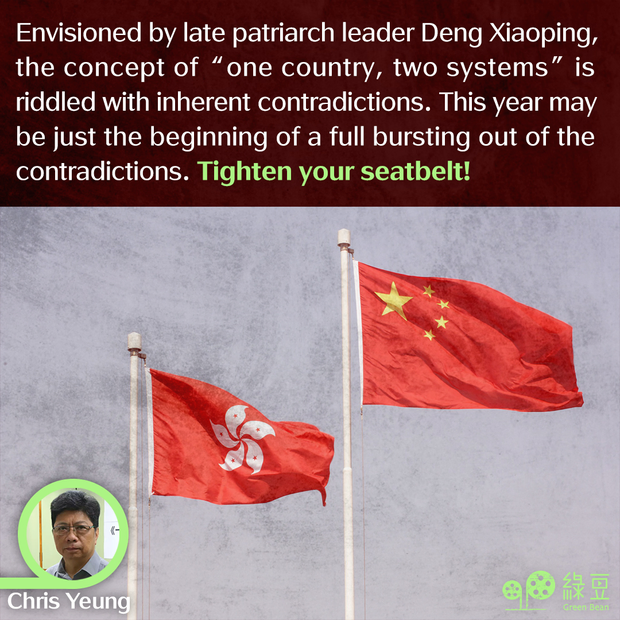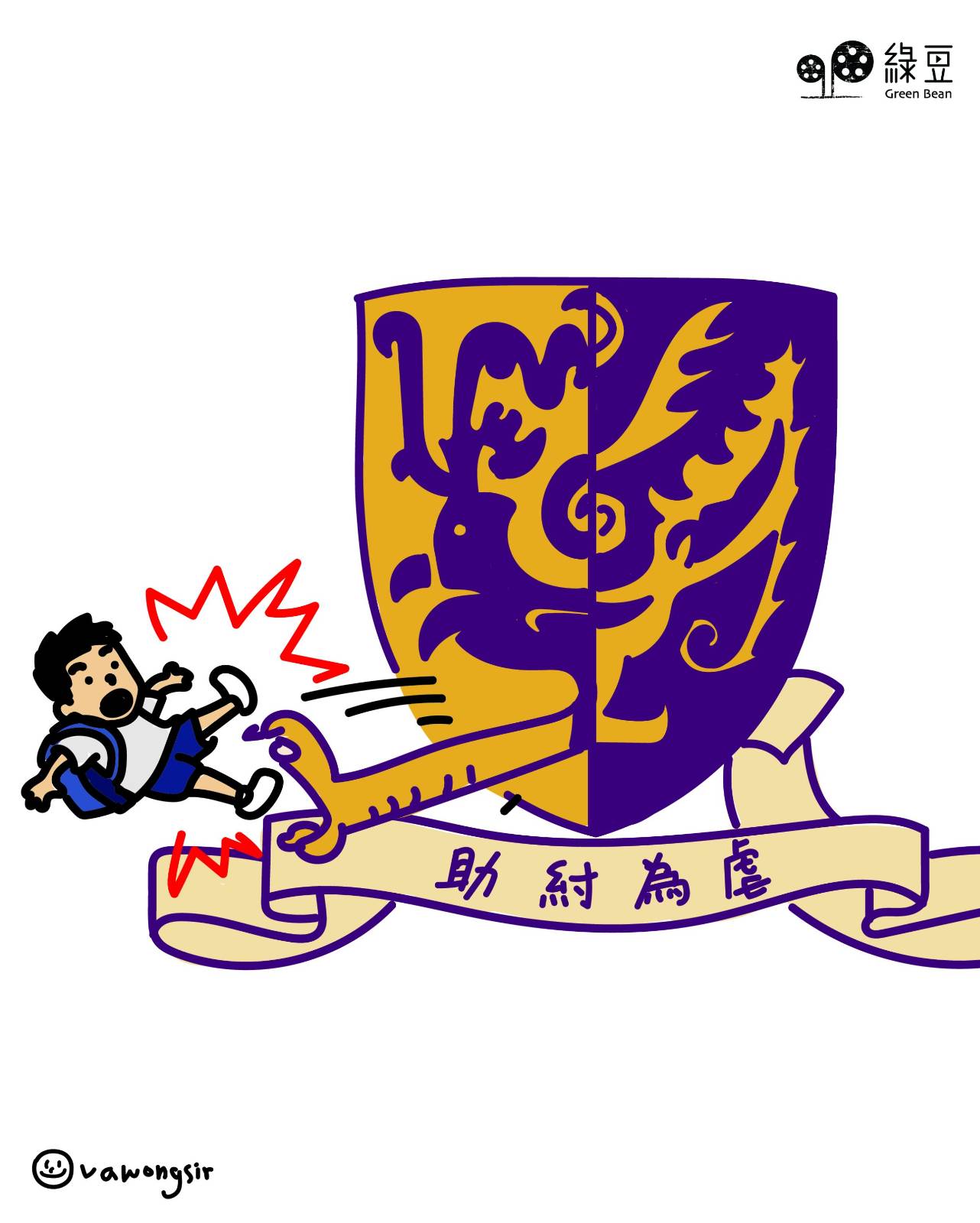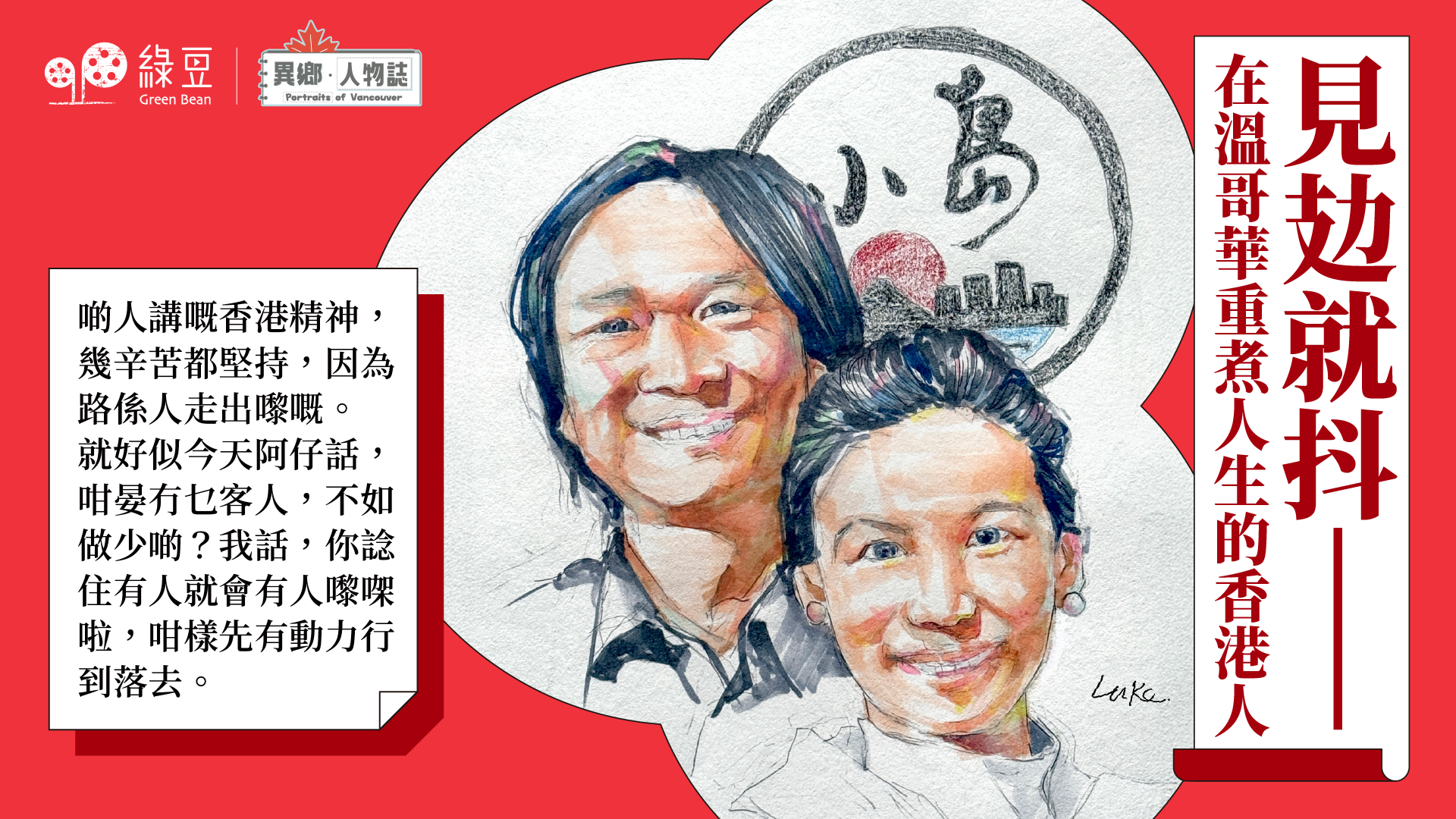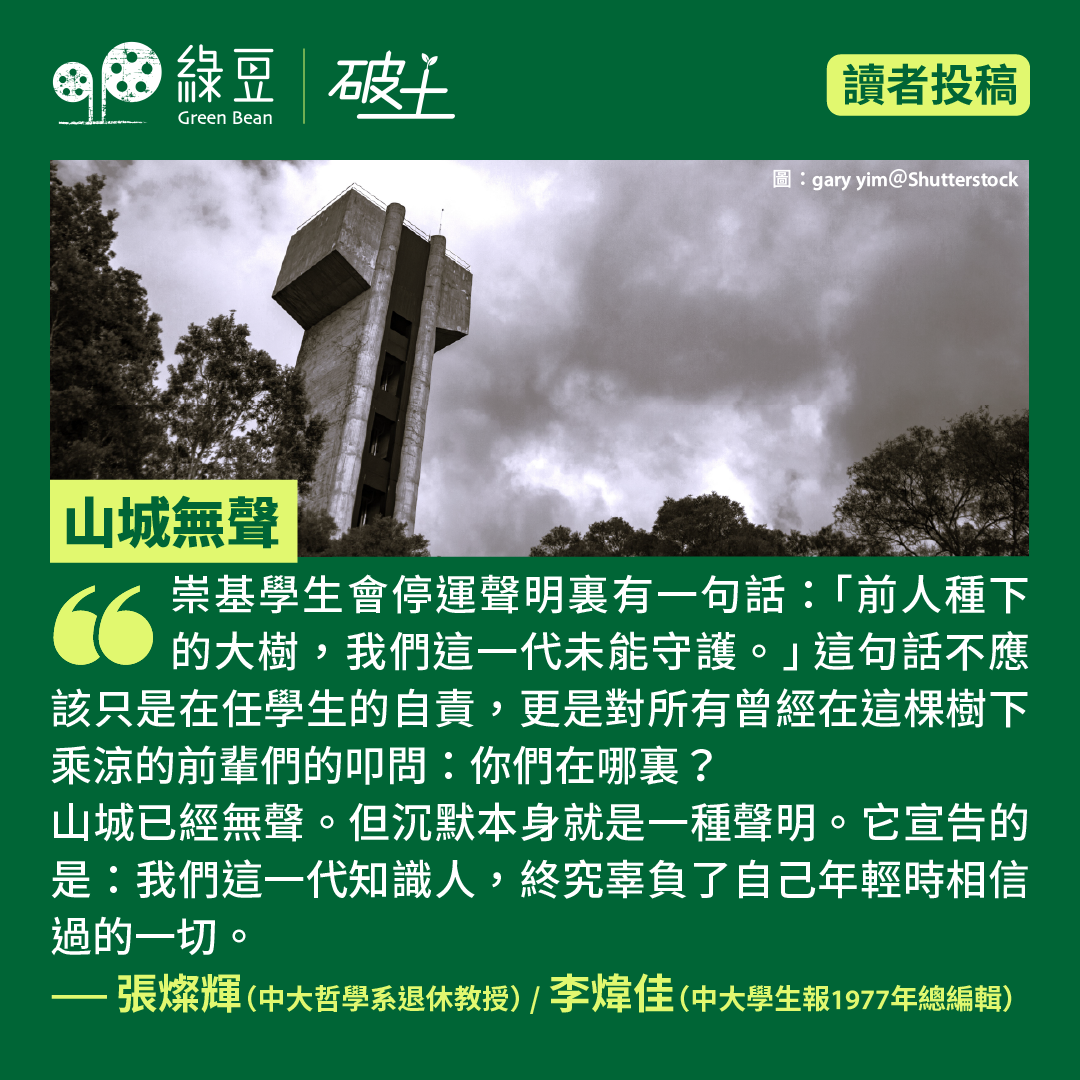2023 : A new beginning or an end?

The year 2023 is a year fraught with contradictions. To Beijing, it is a year of new beginnings – from chaos to stability and from stability to prosperity. To cynics and doubters, it marks the beginning of the end of the Hong Kong success story – from stability to chaos and from prosperity to decline.
Amidst growing signs of the fading of the Covid-19 pandemic, this year began with the much-awaited easing of cross-border travel restrictions as a curtain-raiser to the full reopening of the border and, more importantly, the process of economic recovery.
Hopes of a repeat of the swift rebound of the Hong Kong economy and a return to normalcy as it was the case after the end of the SARS (severe acute respiratory syndrome) crisis in 2003 were proved to be mere wishful thinking. Back to the pre-pandemic days is easier said than done.
Despite a blitz of promotion campaigns under such headings as “Hello Hong Kong”, “Happy Hong Kong”, “Night Vibes Hong Kong”, the pace of a revival of economic vibrancy is embarrassingly slower compared to the city’s neighbouring places with perhaps the mainland the only exception. With no sign of a sharp rebound, the Government has revised the full-year economic growth downwards and the fiscal deficit upwards. Hong Kong’s fiscal reserves have dropped to an uncomfortable level.
Attributing the lackluster economy to uncertainty in the external environment and geopolitical factors, Government officials have been shy from telling the plain truth that the troubled Chinese economy has slowed down the pace of the city’s economic recovery.
Fred Ma Si-hang, a former senior minister under the Tung Chee-hwa administration, has said: “We had relied on the motherland in the past. But now the motherland also has so many problems. (We) can no longer rely on (them).”
Ma’s frank remarks should have come as a sober reminder to the John Lee administration and Beijing of the risk of the over-reliance of Hong Kong on the mainland, in particular its economy.
With the mainland economy battered by domestic fiascos and external turbulence, a Hong Kong economy increasingly bundled with the hinterland is facing the danger of more turbulence as the city had run into this year.
From a fishing village to a global financial centre, Hong Kong has thrived on its positioning as a conduit between mainland China and the world. With the hinterland behind, its success could be boiled down to one word: internationalisation.
The growing contradictions between internationalisation and mainlandisation have become more acute as the “one country, two systems” policy entered its second half of the “50-year guarantee/expiry” period.
The past year saw the Lee administration intensifying moves to integrate the Hong Kong SAR with the Greater Bay Area and the nation in the political, social and economic spheres.
On the political front, a revamp of the district administration system marked an end of the belated representative democracy launched by the British colonial government in the 1980s and the installation of a district management regime with mainland characteristics.
As part of the revamp, the District Council election was held on December 10, which saw a 27.54 per cent turnout, a record low in history. What a new beginning!
Known for its free economy and lifestyles, Hong Kong is on a slippery path towards more controls in many aspects. For another year, the city lost its Number One rank in global economic freedom surveys. According to a global human freedom index jointly compiled by Cato Institute and Fraser Institute and published in December, Hong Kong ranked 46th among 165 jurisdictions. Hong Kong ranked third in its 2010 survey.
China ranked 149, a distance from Hong Kong’s position. But the perceived gap of freedom in Hong Kong and the mainland is much smaller than the difference between the numbers of 46 and 149.
The sharp erosion of the city’s freedoms, at least as was perceived in Western countries, is no doubt a product of the Hong Kong national security law that took effect in July 2020.
The wave of arrests, prosecutions, trials and convictions of pro-democracy figures for violations of the law and other ordinances, which showed no sign of an end, has harmed the image of Hong Kong as a free city.
Equally damaging, it has continued to cause pain, breed divisiveness when the old wounds inflicted in the 2019 social unrest are still unhealed. The record low turnout of the “all-patriots” district council election speaks volumes of the depth of the divide.
Beijing and the Hong Kong authorities do not seem to be bothered by the worsened image of Hong Kong in the international arena. This is despite the fact that it seems to contradict with remarks by President Xi Jinping that Hong Kong should maintain its linkage with the international community and those by senior officials about the imperatives of the internationalisation of Hong Kong.
Envisioned by late patriarch leader Deng Xiaoping, the concept of “one country, two systems” is riddled with inherent contradictions. This year may be just the beginning of a full bursting out of the contradictions. Tighten your seatbelt!
Wish you all a happy, healthy and fruitful 2024!
Keep supporting Green Bean!
Happy New Year!
▌[At Large] About the Author
Chris Yeung is a veteran journalist, a founder and chief writer of the now-disbanded CitizenNews; he now runs a daily news commentary channel on Youtube. He had formerly worked with the South China Morning Post and the Hong Kong Economic Journal.





